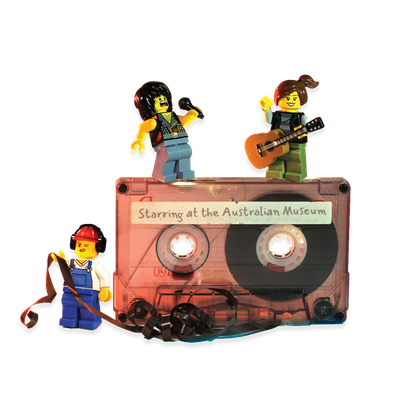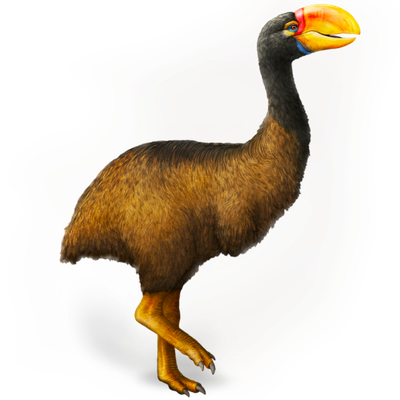Your search returned 24 results
By Page Type
By Tag
- All
- fish (966)
- blog (696)
- fishes of sydney harbour (401)
- First Nations (299)
- Blog (236)
- AMRI (169)
- archives (164)
- Eureka Prizes (146)
- Aboriginal and Torres Strait Islander (135)
- insect (126)
- Ichthyology (124)
- geoscience (109)
- minerals (102)
- climate change (100)
- podcast (94)
- Fish (91)
- Anthropology (89)
- International collections (80)
- Minerals Gallery (78)
- wildlife of sydney (78)
- Labridae (77)
- frog (74)
- gemstone (70)
- history (64)
- photography (64)
- Mollusca (60)
- gem (59)
- staff (59)
- Birds (56)
- Gems (56)
- Indonesia (56)
- education (56)
- shark (55)
- AMplify (54)
- people (53)
- earth sciences (50)
- past exhibitions (50)
- exhibition (49)
- Gobiidae (48)
- sustainability (46)
- Pomacentridae (45)
- Serranidae (44)
- science (43)
- lifelong learning (42)
- Earth and Environmental Science (41)
- Syngnathidae (41)
- Ancient Egypt (40)
- Bali (40)
- bird (40)
- dangerous australians (40)
-
Inland Broad-nosed Bat
https://australian.museum/learn/animals/bats/inland-broad-nosed-bat/Inland Broad-nosed Bat
-
Rufous Bettong
https://australian.museum/learn/animals/mammals/rufous-bettong/Shaggy grey fur with a rufous tinge, grey tail and bare pink skin surrounding the eyes.
-
Koala
https://australian.museum/learn/animals/mammals/koala/The Koala is one of Australia's best-known animals.
-
One Eastern Quoll is not like another
https://australian.museum/learn/news/blog/amri-eastern-quoll/The best time to gather information about a species is before they decline.
-
What is a mammal?
https://australian.museum/learn/species-identification/ask-an-expert/what-is-a-mammal/Mammals are a diverse group of animals that are found below and on the ground, in trees and oceans.
-
New discovery by Australian and American researchers reveals ancient, super-snouted dolphins fed in a similar way to swordfish.
https://australian.museum/about/organisation/media-centre/new-discovery-on-ancient-super-snouted-dolphins/A team of Australian and American palaeontologists reveals ancient, super-snouted dolphins fed by sweeping their snouts through the water to hit and stun fish.
-
White-striped Freetail Bat
https://australian.museum/learn/animals/bats/white-striped-freetail-bat/White-striped Freetail Bat
-
Discover more
2025 Australian Geographic Nature Photographer of the Year
Special exhibition
Free entry
Now open -
Discover more
Unfinished Business
Special exhibition
Free entry
Now open -
Find out more
Surviving Australia
Permanent exhibition
Free entry
Now open![]()
-
Find out more
Burra
Permanent kids learning space
Free entry
10am - 4.30pm![]()
-
Discover more
Minerals
Permanent exhibition
Free entry
Open daily![]()





